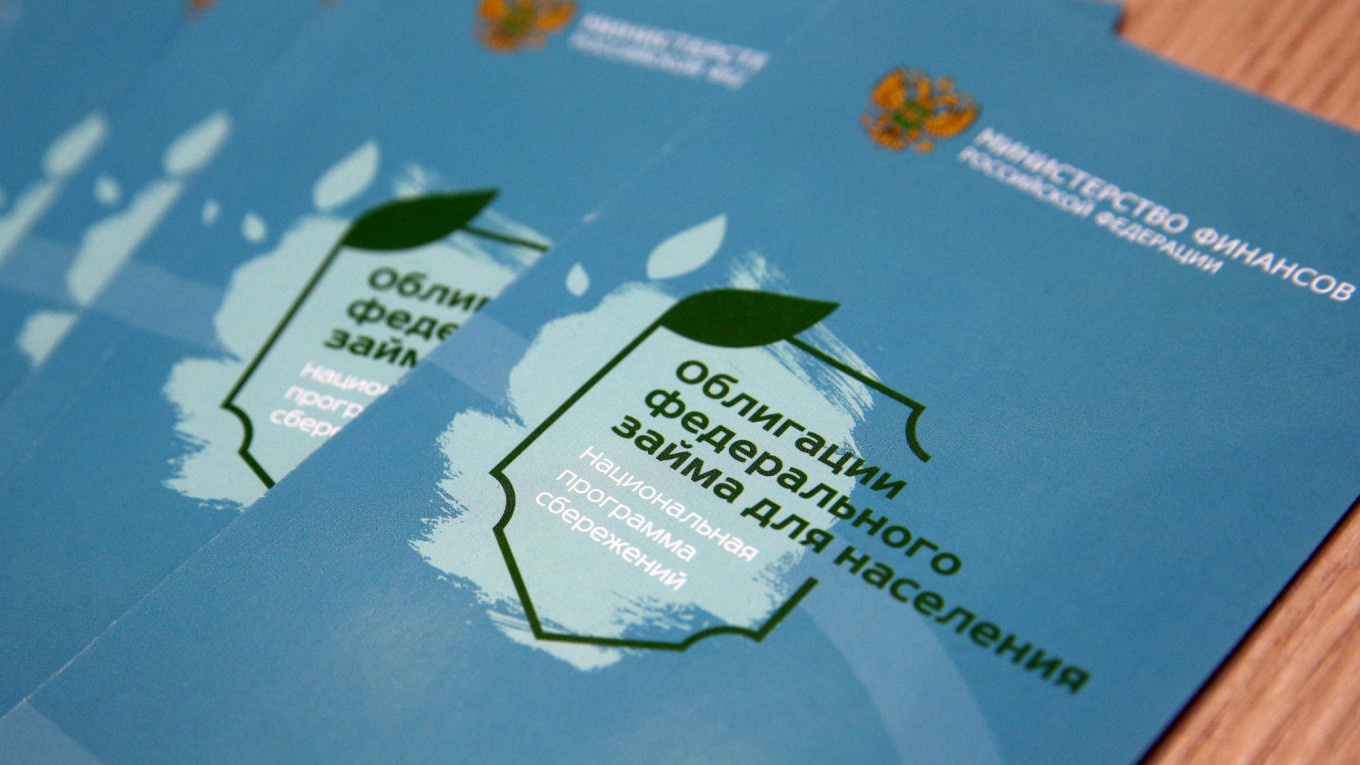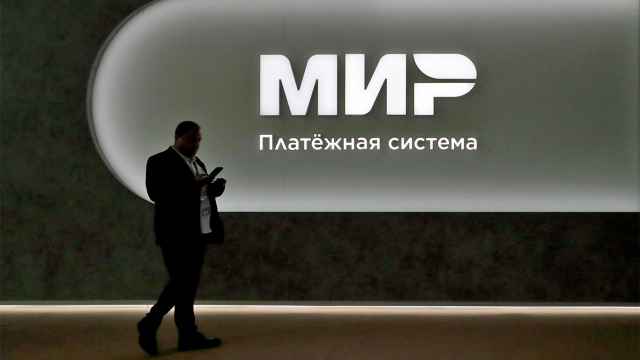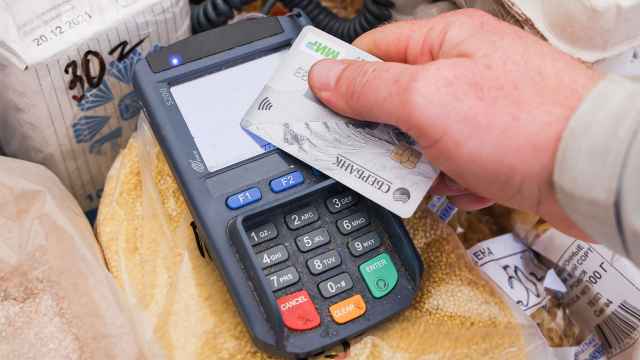Russia has failed to pay $1.9 million of accrued interest on a sovereign bond, a panel of investors said Wednesday, as Moscow faces the risk of its first default in decades.
The Credit Derivatives Determinations Committee (CDDC) said on its website that it voted "yes" in answer to a question from bond holders over whether a "Failure to Pay Credit Event" had occurred.
Punishing Western sanctions on Russia have largely severed the country from the international financial system, making it difficult for Moscow to service its debt.
The country last defaulted on its foreign currency debt in 1918, when Bolshevik revolution leader Vladimir Lenin refused to recognize the obligations of the deposed tsar's regime.
It defaulted on ruble-denominated debt in 1998 amid a broader financial crisis.
But this time, sanctions would be behind the country's failure to repay creditors.
The CDDC decision was related to a bond that matured on April 4 but the payment of principal and interest was not made until May 2, resulting in an extra $1.9 million being owed.
The panel can decide whether or not to activate a Credit Default Swap, in essence an insurance policy against non-payment of the debt, but gave no indication Wednesday of which way it would jump, though it is due to meet on the issue next Monday.
Default risk
Thus far, Russia "has paid sums it had to pay by the due agreed date but, intentionally or otherwise, forgot to add outstanding interest," Eric Dor, director of Economic Studies at France's IESEG School of Management, told AFP.
The amount is small compared to other debt payments that Russia has been facing.
The sanctions have blocked Moscow's ability to access funds held in U.S. banks to pay its foreign creditors.
Last week, the U.S. Treasury ended an exemption allowing Moscow to make payments in dollars held in Russia — after the $1.9 million credit event reviewed by the CDDC
The escape clause enabled U.S. banks to receive and process the payments to creditors.
The latest move scraps the final outlet, which was forcing President Vladimir Putin's government to drain its war chest of reserves to make payments.
Russia responded by saying that it would start paying its foreign debt in rubles, which could later be converted into the original currency through a Russian financial institution.
But many of the bonds do not allow repayment in rubles.
Three other interest payments, totalling a little less than $400 million, are due at the end of June, according to data compiled by Bloomberg. Some of those bonds may only be paid in dollars.
In total, the Russian government needs to make 14 bond payments by the end of this year.
A default usually means a country loses the ability to borrow in international capital markets for several years until it regains the confidence of investors.
In this case, the international sanctions in place prevent Russia from borrowing. Creditor confidence in Russia's capacity to repay is not currently an issue, but could be if the sanctions push the country's economy into a severe recession.
A Message from The Moscow Times:
Dear readers,
We are facing unprecedented challenges. Russia's Prosecutor General's Office has designated The Moscow Times as an "undesirable" organization, criminalizing our work and putting our staff at risk of prosecution. This follows our earlier unjust labeling as a "foreign agent."
These actions are direct attempts to silence independent journalism in Russia. The authorities claim our work "discredits the decisions of the Russian leadership." We see things differently: we strive to provide accurate, unbiased reporting on Russia.
We, the journalists of The Moscow Times, refuse to be silenced. But to continue our work, we need your help.
Your support, no matter how small, makes a world of difference. If you can, please support us monthly starting from just $2. It's quick to set up, and every contribution makes a significant impact.
By supporting The Moscow Times, you're defending open, independent journalism in the face of repression. Thank you for standing with us.
Remind me later.






